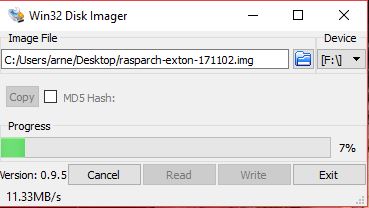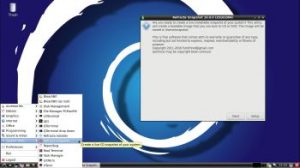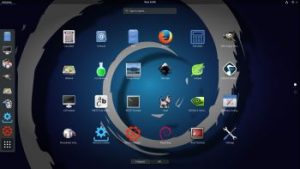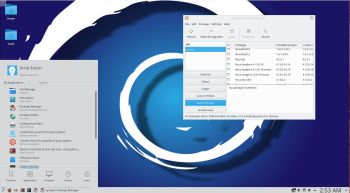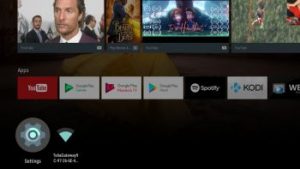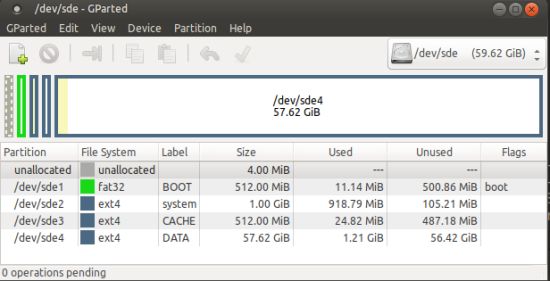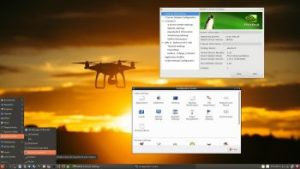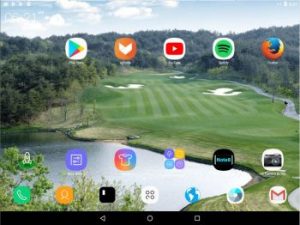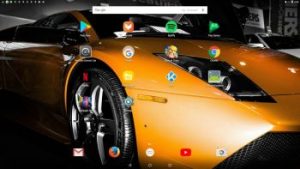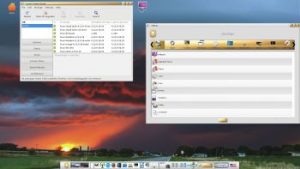 WHAT’S NEW IN VERSION 171112?
WHAT’S NEW IN VERSION 171112?
NOTE: Version 171112 replaces version 170105.
1. ExLight is now based on Ubuntu 17.10 (alias Artful Aardvark) and Debian Buster/Stretch.
2. I have upgraded the Desktop environment Enlightenment (Beauty at your fingertips) to version 0.20.99.0 (from 0.19.12).
3. I have replaced kernel 4.9.0-11-exton with my special kernel 4.13.0-16-exton corresponding Kernel.org’s stable kernel 4.13.4.
4. ExLight’s ISO file is now a ISO-hybrid, which means that it can very easily be transferred (copied) to a USB pen drive. You can then even run ExLight from the USB stick and save all your system changes on the stick. I.e. you will enjoy persistence!
5. Another big improvement is that ExLight can run from RAM. Use Boot alternative 4 (load to RAM). When the system has booted up you can remove the disc (DVD) or USB stick. You’ll need at least 2 GB RAM to run ExLight that way.
6. The installation program Ubiquity (Ubuntu’s live installer) has been replaced with Refracta Installer. Very simple to use! A new user (your user) will be created during the installation process. The reason for the replacement is that Ubiquity is a bit too complicated and that the program crashes once in a while.
7. I have installed Nvidia’s proprietary graphics driver 384.98.
8. I have added seven animated wallpapers.
9. MOST IMPORTANT: I’ve added Refracta Snapshot, which make it possible for you to create your own live installable Ubuntu system. I mean change everything to your liking, fire up Refracta Snapshot and wait 3 – 5 min until your new ISO is ready!
What’s new in kernel 4.13?
Some cool things to do in ExLight Linux…
Screenshots
ExLight – running Refracta Snapshot
ExLight running in VirtualBox
ExLight running Spotify
ExLight running Samba
ExLight running in VMware
|
|



